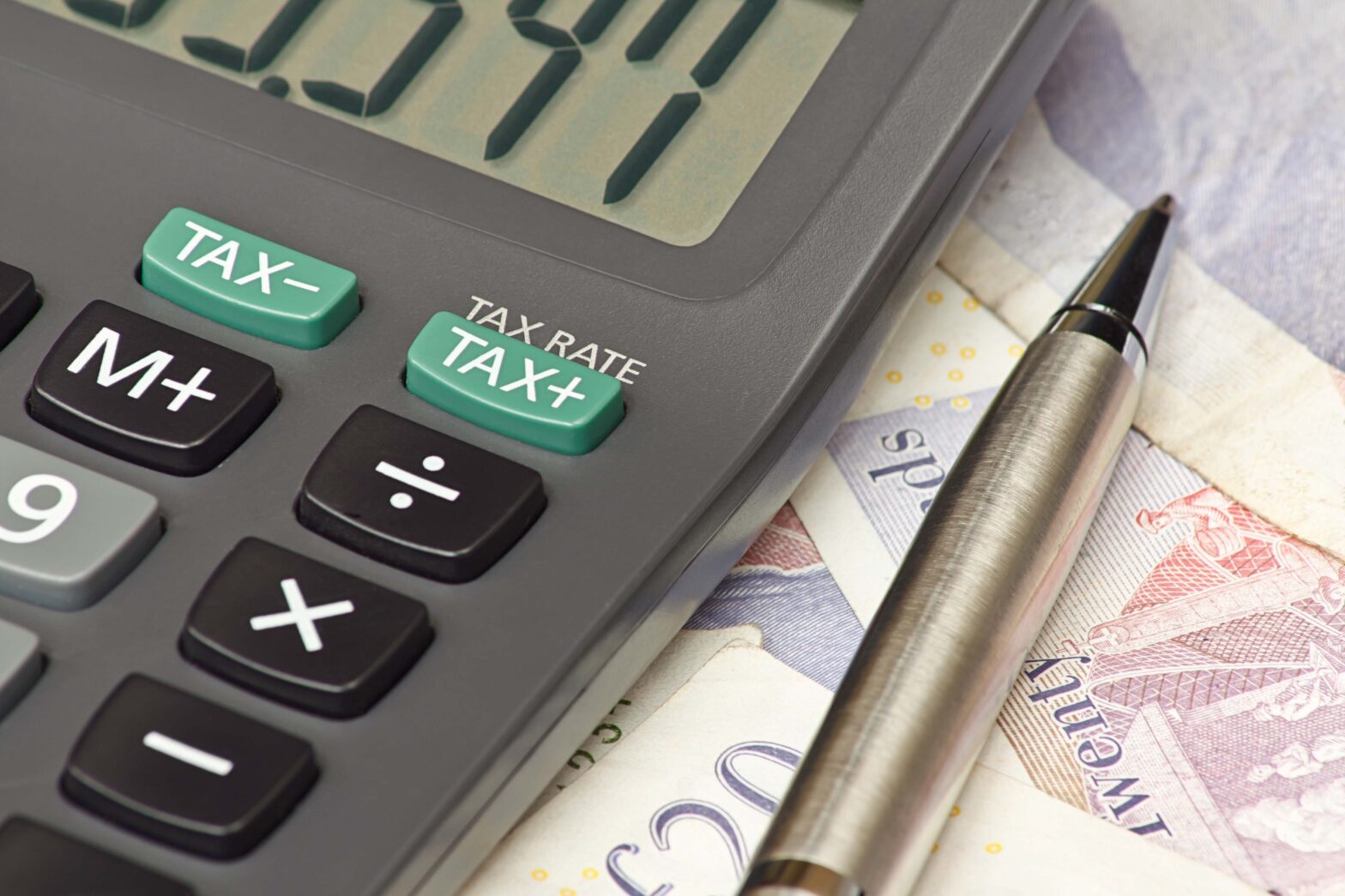Bookkeeping is probably the last thing you’re thinking about when starting a business, but it’s important to have a system in place to manage your books from the very beginning – before you even start trading.
After all, you will spend your own money on business costs before you make your first sale, and these costs can nearly always be used to reduce your tax bill, so if you don’t have a system to note them down, you run the risk of paying too much tax!
Emily Coltman, chief accountant at accounting software company FreeAgent says, ‘Choose your bookkeeping system carefully to match your business and its needs.
Think about issues such as whether you’ll need to register for VAT, whether you are going to take money from your customers in foreign currencies, and whether you want to be able to pull in your bank transactions into your system.
What to remember when reporting payroll information to HMRC
‘When choosing a system, look for automation features – the more you can get your system to do for you, the more time you will free up to make sales!’
Starting out with great bookkeeping habits will save you so much time and hassle in the long run, adds Coltman.
‘Make it a habit to do your books at the same time each week, and put a regular slot in your diary so that you commit to that time.
If you leave your books undone, then not only does it become a much larger task when you do tackle it, but you won’t have up-to-date timely information available about your business, and this can cause problems.
‘For example, you might accept another project from a particular customer, without being able to check whether they paid your invoices on time for the last piece of work you did.
Do you really want to do more work for a customer who habitually pays you late or not at all?’
Make sure you’re comfortable with where everything goes in your accounts. If you’re not sure, think about taking a beginners’ bookkeeping course, or hiring an accountant.
‘Don’t, for example, confuse business costs you paid for personally with costs that the business paid for itself,’ says Coltman.
‘This can cause problems if the business pays you back more than you spent on its costs, or if your bank account balance in your accounts doesn’t match what was actually in your bank. Time invested now to get your books right is time, and accountancy fees, saved later.
A complicated tax system
‘As to whether you’ll need an accountant, the UK’s tax system is so complicated, and so full of tax pitfalls, that I wouldn’t recommend any but the smallest and simplest sole traders try to manage without an accountant to at least review their figures once a year and make sure that all is in order before anything is submitted to HMRC.’
Jon Petrie, founder of music store DS Music, had no experience in bookkeeping, or of business whatsoever, when he started his music store company in 2004.
‘I made some mistakes, for example I didn’t realise that investing in stock was profit, but now I’m au fait with accounts.
‘In the early days you get on with it, make mistakes and improve on what you’re doing. It was another challenge to me.’
Another error Petrie made was issuing VAT invoices before being VAT-registered.
‘That was in the very early stages and it was only for about two months. When we realised, we registered for VAT and backdated the invoices so they were all above board, and it was fine.’
Petrie took on an accountant in 2007 after having run the business for three years. ‘We were turning over a lot more and we were looking at becoming a limited company.
We needed an accountant for our end-of-year accounts at that stage of the business,’ he says.
Accountancy software was used from the beginning. ‘It was quite a cumbersome tool and we were on the phone a lot to their support service.
But now we’re using a simpler payroll system (Sage One) and don’t have to call the tech support lines at all,’ Petrie says.
P&L and cash flow
Petrie advises businesses to understand the difference between profit and loss (P&L) and cash flow at the beginning.
‘I didn’t understand it when I started. In a cash-centric business like I run your cash flow is very similar to your P&L, whereas if you’re a manufacturer for example your cash flow will be all over the place compared to the P&L.’
Unlike Petrie, Simon Douglass, founder of Curated Digital Ltd, approached a tax accountancy service when he started the business. ‘I know people who work in tax and accounts and they all advised going with a company like that.
The service offered access to independent accountants and they can provide you with someone local to your office.’
Douglass considered whether he needed someone to perform tasks such as his invoicing, payroll, and working out what sort of VAT rate he would have to pay.
He was provided with an accountancy package and paid on a monthly returner basis.
He says, ‘One of our clients is based in the US and other in Jersey so they don’t pay VAT but we buy things we have to pay VAT for, so it’s working things like that out when it gets complicated.
‘If all your business is based in the UK it’s simple but I felt I needed someone on hand to advise. I want to focus on growing the business rather than be bogged down with accounting.
You’ll always have questions, so having a professional there to answer them is beneficial.’





